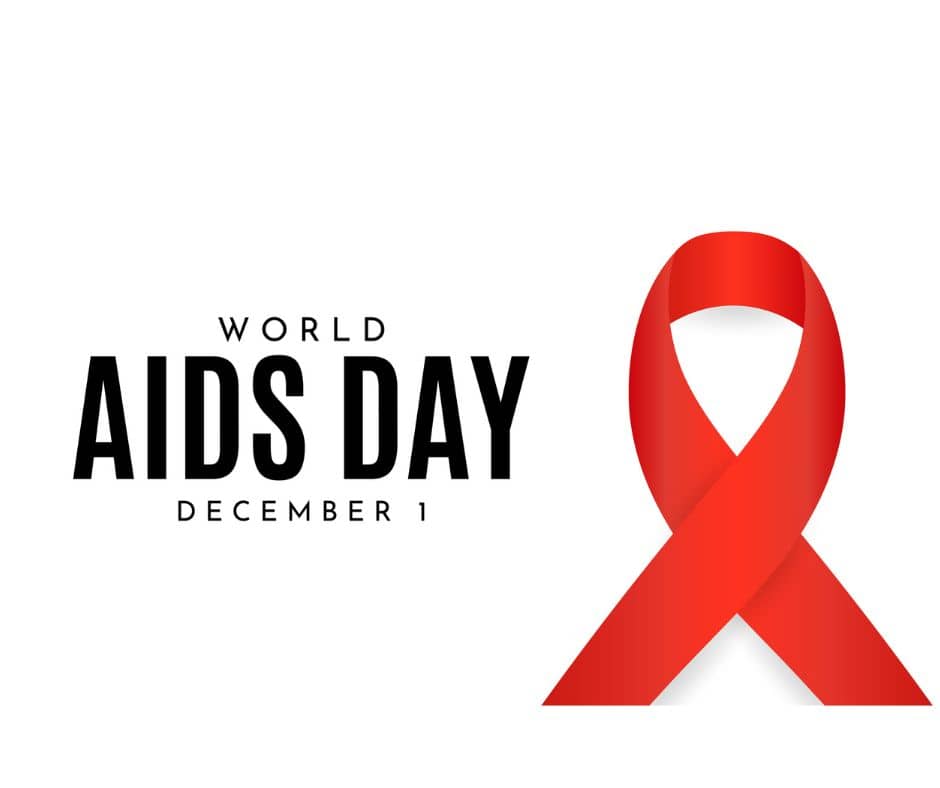Inequalities that perpetuate the global HIV pandemic are far from inevitable, UNAIDS claims. That’s why December 1 2022 (World AIDS Day) will carry a simple slogan – Equalise!
Guaranteeing equal access to healthcare services and making sure marginalised communities are receiving adequate information, prophylaxis and treatment are some of the goals that will be discussed and enforced during the upcoming occasion.
Progress Has Slowed Down, It’s Time to Equalise
There’s a very specific reason why World AIDS Day 2022 is going to be carried out under the Equalise slogan.
UNAIDS research suggests that over the course of the Covid-19 pandemic, progress against the HIV pandemic has slowed down. Quite a lot of resources got redirected due to the importance of the battle against the coronavirus. On top of that, social distancing measures created some additional difficulties for those who already have limited access to reliable healthcare.
The global HIV response has been ongoing for more than four decades, yet inequalities still persist. These revolve around essentials like access to testing, affordable barrier contraception like condoms and treatment. When it comes to more innovative technologies and solutions for HIV patients, the situation becomes even more troublesome and the gap widens further.
Coverage of HIV programmes in Africa, for example, remains low. Segments of the population like young African women are disproportionately affected by HIV and the above-mentioned inequalities are one of the reasons to blame. In fact, HIV programmes are operating solely in 40 per cent of the high risk locations across Africa – coverage that’s considered way too low to be effective.
In these high risk areas, only a third of people in vulnerable demographics (men who have sex with men, sex workers, prisoners) have access to regular prevention. Criminalisation and stigma are still major barriers that stand in the way of both prevention and treatment.
Ending the Pandemic by 2030?
The message of World AIDS Day 2022 is very important, especially given the fact that we only have eight years until 2030 – the year that the world has chosen as a viable date to end the pandemic by.
UNAIDS has come up with a fast-track strategy that will contribute to the eradication of the infection across the world. To meet the goal, however, some regions will need to strengthen both their efforts and the provision of funding for the realisation of HIV programmes.
The goal of the fast-track program is 95-95-95 – to have 95 per cent of all HIV-positive individuals diagnosed, to have 95 per cent of these individuals on antiretroviral therapy and to achieve viral suppression for at least 95 per cent of those people.
As of 2021, 85 per cent of HIV-positive individuals across the world know their status, UNAIDS reports. Among people who knew their status, 88 per cent received antiretroviral therapy during the same year. Among those accessing treatment, 92 per cent achieved full viral suppression.
In terms of investment, 21.4 billion US dollars were dedicated to AIDS response programmes in low and middle-income countries. According to UNAIDS estimates, 29 billion US dollars will be required in these regions to get on track with the 2030 goal.
To speed up progress, the world will need to do a better job of addressing financial, social, cultural and even legal inequalities.
World AIDS Day 2022 Activities
Activities aimed at increasing awareness commenced in November 2022, building up towards the culmination on December 1.
On World AIDS Day, activities across the world will be led by both official entities and individual communities. It’s interesting to point out that even social media will be employed to spread awareness. Photo and video sharing will be a part of the overall campaign to give everyone inspiration, determination and hope.
In Singapore, World AIDS Day activities have been planned and will be carried out under the guidance of the National Centre for Infectious Diseases. A webinar dedicated to destigmatisation already took place on November 25.
A dedicated page based on the webinar follows the journey of Jason – a person living with HIV and combatting the stigma and discrimination still linked to the condition.
More information about additional upcoming activities will be published on the centre’s website – the dedicated World AIDS Day section is linked above.
It All Starts with Personal Change and Responsibility
While attitudes towards HIV are still updated in many parts of the world (including Singapore), new technologies and medical advances are delivering promise for better living and the potential development of a cure.
We live in a world that no longer sees HIV as a death sentence. This is a topic we’ve discussed numerous times in our blog posts. Options like HIV PrEP and HIV PEP also exist and reduce the risk of an infection exponentially.
All of these medical developments and reliable products are readily available in Singapore. Getting educated and accepting personal responsibility are the first and probably the most vital steps towards a brighter future.
If you don’t know your status, the time has come to seek change.
HIV testing is simple, confidential and readily available. Most importantly, it delivers accurate results that will help you take better care of your sexual health in the future.
Facilities like Shim Clinic make HIV testing effortless. All that you have to do is pay us a visit during working hours every day of the week. Or if you have questions that you’d like to have answered first, contact Shim Clinic now.

